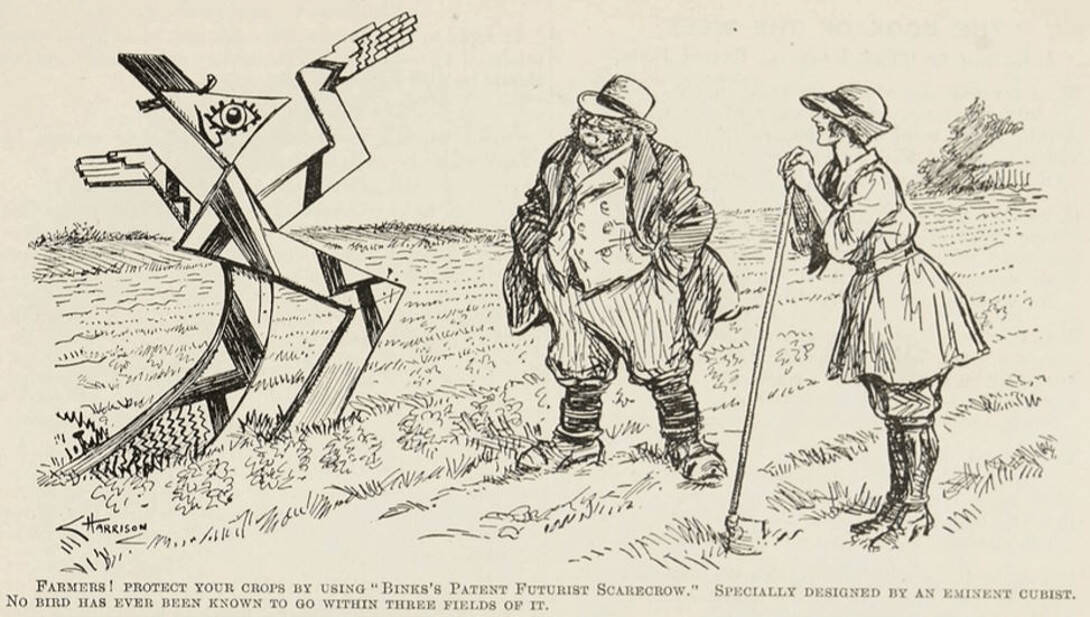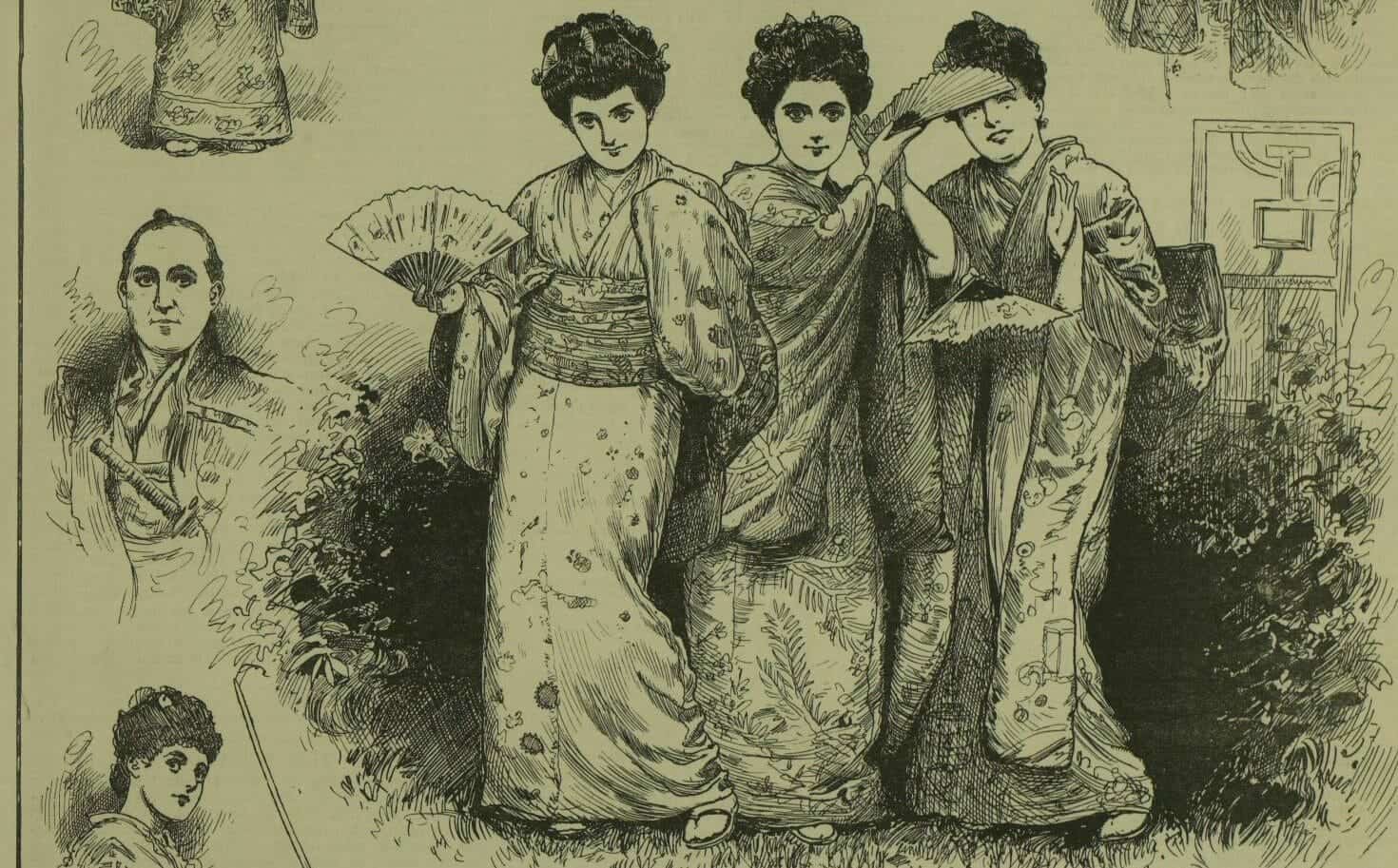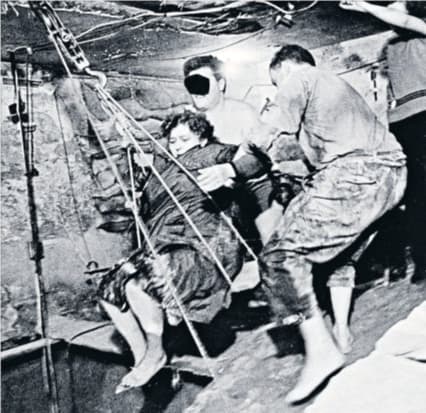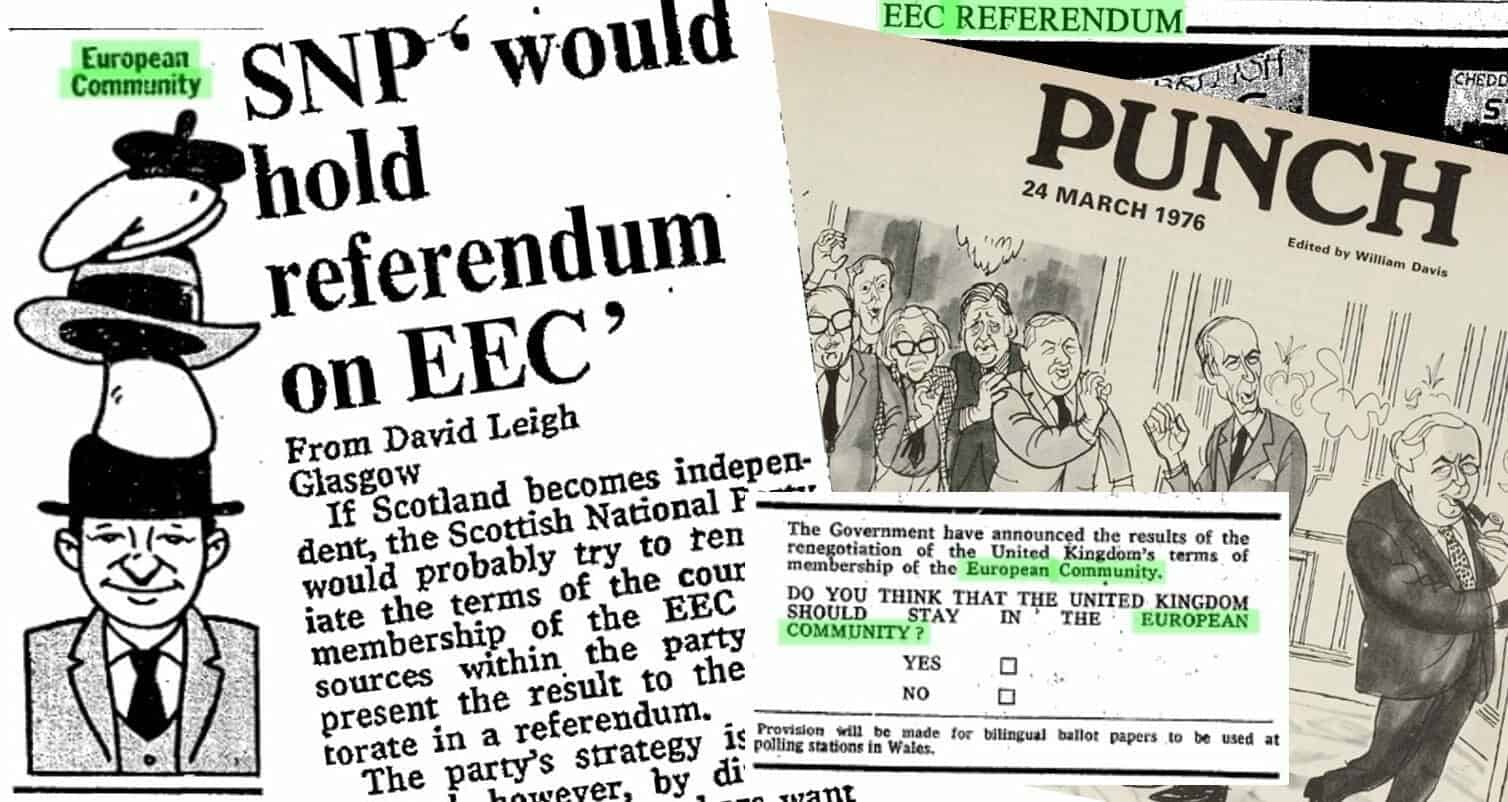│By Ellen Grace Lesser, Gale Ambassador at the University of Exeter│
We all do more online today than ever before. With libraries and physical archives shut, eBooks and PDFs now reign supreme in academia. Luckily, it’s not just books which have been digitised, but entire archives – and they are by no means just for historians. I’m a theologian, and below are some ways I have been using Gale Primary Sources in my own academic work. These study tips could help students of numerous subjects puzzle out tough academic arguments!





